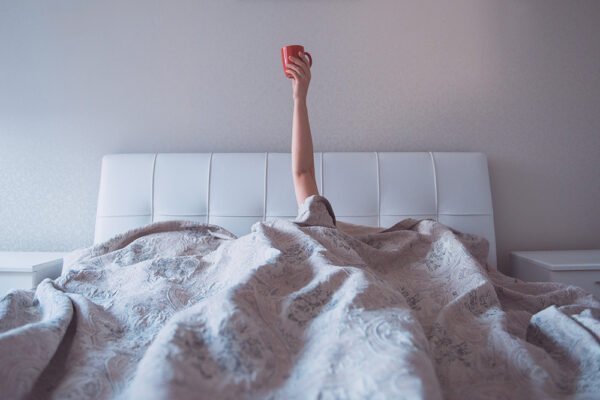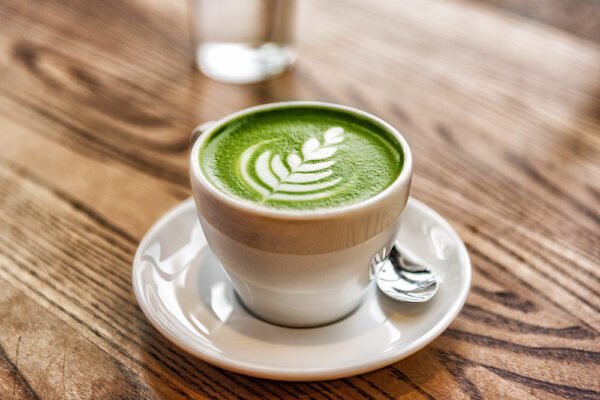
This is Why 8:33 am is the Best Tims to Have Your Morning Coffee
According to research, 7:33 am is the average wake-up time in the UK. However, Rex Isap, sleep expert and CEO at Happy Beds is urging us to steer clear of coffee within the first hour of waking up and resist indulging in our morning coffee until 8:33 am.
Read on to discover the best times to drink coffee and multiple coffee alternatives that are better for your slumber.

Rex Isap, the sleep expert and CEO at Happy Beds explains that “when it comes to the ideal time to have your first coffee, we might tend to reach for the kettle as soon as we wake up. Ideally, however, you want to wait an hour before waking to truly reap the benefits. When we wake, our cortisol levels are at their peak. Cortisol, often associated with stress, enhances your alertness levels. So, drinking caffeine while your cortisol levels are already high can work against this or even help with gaining a tolerance for caffeine.
“During the day, your brain produces a chemical called adenosine. Essentially, this promotes sleep; as you are awake longer, it builds up and helps you feel sleepy. But caffeine blocks the Adenosine receptors, which keeps you alert and promotes wakefulness. If you have ever struggled with sleeping after drinking coffee throughout the day, this could be why.”
According to experts, these are the top 3 coffee alternatives that are better for your morning energy boost
Typically coffee is the most popular energy-inducing drink for the majority of people in the morning, whether it’s iced or hot. But as previously mentioned, drinking it in within the first hour of waking and throughout the day can have a detrimental effect on your sleep.
So, the experts at Happy Beds have revealed the top three alternatives you can switch your coffee out for that will lead to better sleep.

- Matcha contains amino acids which improve sleep, focus and learning ability
Matcha has been growing in popularity over the last few years, and TikTok has caused an astronomical increase in the number of people drinking it, making it a new health trend.
Matcha powder contains L-theanine, an amino acid found in the tea plant, and boasts five times more L-theanine than green tea, giving it a slightly sweet taste. This amino acid is tipped to improve sleep, focus and even learning. It does contain a small amount of caffeine, around 20mg to 44mg, depending on how it is brewed, so it might be best to drink this a few hours before bed to reap the benefits.
- Turmeric lattes are energising, and have antioxidant benefits
Did you ever take a cup of hot milk to bed to help you sleep? A turmeric latte is also sometimes named golden milk and it is hugely popular, with the main ingredient of turmeric giving it that recognisable colour. Turmeric has many health benefits, including antioxidant and anti-inflammatory benefits and an effective antidepressant.
What’s more, turmeric can even help protect against sleep deprivation, meaning you could be more likely to experience improved sleep if you opt for this drink as part of your sleep routine.
- Chicory root ‘coffee’ tastes similar, but improves digestive health and inflammation
This is a great option for those who want to reduce their caffeine intake but still want to experience a cup of ‘coffee’. This is made from roasted chicory root, and boasts a nutty and woody aroma, and is very popular in France, India and New Orleans. It tastes similar to coffee, which lends itself as a placebo if you miss your coffee.
It could improve your digestive health and inflammation; however, there are limited studies on its safety for those who are pregnant or breastfeeding, so always research before trying something new.












































